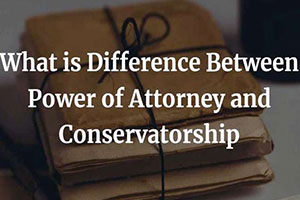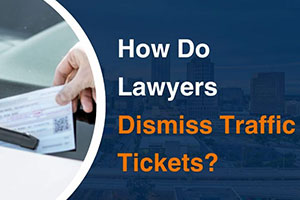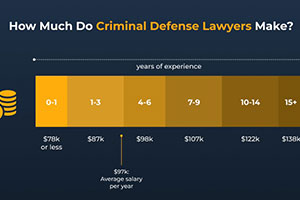Elder Law Attorney Fees Unveiled
Attorneys | by
Navigating the complexities of elder law requires a seasoned guide, notably an elder law attorney. As our loved ones age, or as we ponder our own future, the services of these specialized legal professionals become invaluable. Whether it’s planning for Medicaid, drafting a living will, or setting up a trust, elder law attorneys provide peace of mind in safeguarding our interests and assets. But, the burning question often is: How much do they charge? Let’s delve into the realm of elder law, unraveling the mystique of attorney fees with a conversational tone that feels like a chat over coffee with your legal confidant.
Understanding Elder Law Attorney Fees
Elder law encompasses a broad spectrum of services aimed at addressing the unique legal needs of the elderly and their families. Given the specialized nature of this field, attorney fees can vary widely based on several factors, including geographical location, the attorney’s experience, and the complexity of the legal services required.
Types of Fee Structures
Elder law attorneys typically employ one of three billing structures: hourly rates, flat fees, or contingency fees. Here’s a brief overview:
- Hourly Rates: Many elder law attorneys charge by the hour for their services. This rate can fluctuate depending on the attorney’s experience and the geographic location of their practice. Expect hourly rates to range anywhere from $200 to $500, with urban areas skewing towards the higher end.
- Flat Fees: For services with a well-defined scope, such as drafting a simple will or setting up a basic trust, attorneys may offer a flat fee. This upfront cost provides clarity and predictability, removing the anxiety of mounting hourly charges. Flat fees can vary significantly but expect to see ranges from $1,000 for basic estate planning up to several thousand for more complex arrangements.
- Contingency Fees: Less common in elder law, contingency fees mean the attorney’s payment is contingent upon a particular outcome, such as winning a case. This structure is more typical in personal injury cases and is not widely used for elder law services.
Factors Influencing Costs
Several factors can influence the cost of hiring an elder law attorney:
- Complexity of the Case: More complex cases, such as those involving intricate estate planning or contested guardianship, will naturally incur higher fees.
- Attorney’s Experience: Seasoned attorneys with a robust track record in elder law may charge more for their expertise and insights.
- Geographical Location: Just as the cost of living varies across the country, so do attorney fees. Expect higher rates in metropolitan areas compared to rural settings.
Navigating Payment and Reducing Costs
Discussing fees upfront with your elder law attorney ensures transparency and helps avoid surprises. Many attorneys offer a free initial consultation, providing an opportunity to discuss your needs and get a sense of potential costs. To manage and potentially reduce costs, consider these tips:
- Be Prepared: Before meeting with your attorney, compile all relevant documents and information. This efficiency can save valuable time and, by extension, money.
- Ask for a Detailed Fee Structure: Request a clear explanation of the attorney’s fee structure and what services are included. This clarity can help you budget more effectively.
- Compare Rates: Don’t hesitate to meet with several attorneys to compare rates and services. However, remember that the cheapest option isn’t always the best. Experience and specialization matter.
The Investment in Peace of Mind
Investing in the services of an elder law attorney is ultimately an investment in peace of mind. By addressing legal concerns proactively, you can safeguard your assets, ensure your wishes are respected, and provide for your loved ones’ future. While attorney fees are an important consideration, the value of expert legal guidance in navigating the complexities of elder law is immeasurable.
In the rapidly evolving landscape of U.S. law, with recent legislative developments around artificial intelligence and data privacy posing new challenges and considerations
, the role of specialized legal professionals like elder law attorneys becomes even more critical. As we adapt to these changes, the need for tailored legal advice and representation in ensuring the rights and protections of the elderly remains a constant.
Final Thoughts
The question of how much elder law attorneys charge doesn’t have a one-size-fits-all answer. It varies based on numerous factors, including the nature of the legal services, the attorney’s experience, and where you’re located. By understanding the typical fee structures and factors that influence costs, you can approach the hiring process with confidence and clarity. Remember, the right elder law attorney offers more than just legal services; they provide the assurance that your legal affairs are in competent hands, allowing you to focus on what matters most – e



